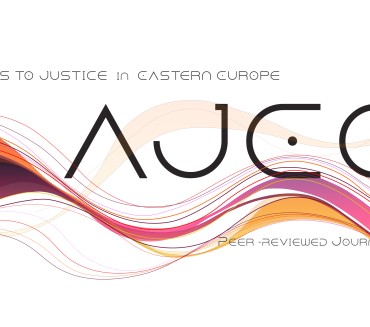Summary: 1. Introduction. – 2. Harmonising the Tax Code with the Law of Ukraine “On the Administrative Procedure”. – 3. Harmonising the Land Sector with the LAP. – 4. Adoption of the New Law on Appeals. – 5. Harmonisation of Digital Procedures. – 6. Conclusions.
Background: This publication examines several recommendations of the European Commission (EC) as set out in the 2023 and 2024 Enlargement Reports concerning Ukraine. Specifically, these recommendations relate to the implementation of the Law of Ukraine “On the Administrative Procedure” (LAP) and the EC recommendations: to prevent the introduction of new exemptions from its scope, the need to harmonise the Tax Code, the land sector, and digital procedures with the LAP, as well as the adoption of a new law on appeals.
The publication explains why the European Union is paying special attention to these issues. Ukraine faces a genuine challenge in protecting the LAP from “new exceptions” (i.e. additional excluded sectors of public administration from the LAP area). For example, rather than aligning tax legislation with the LAP, at least one new legal conflict has already emerged. The land sector also presents difficulties, as the often suboptimal quality of “special provisions” may unjustifiably restrict the application of the LAP.
Methods: The study employed analytical, normative and comparative methods. The analytical method was used to examine the practice of implementing individual provisions of legislation that were in force before the adoption of the LAP, as well as the underlying reasons for the formation of relevant recommendations of the European Union. The normative method enabled a review of individual norms regulating tax administration, land administration, the digital sphere, and legislation on citizens' appeals. The comparative method was applied to assess the impact of implementing the LAP and to anticipate the changes required to fulfil the EU’s recommendations.
Results and Conclusions: The article identifies the problems created by the introduction of “new exceptions” to the scope of the LAP and outlines the steps the Ukrainian government should take to implement the EC’s recommendations. It also justifies the need for a new law on appeals, particularly in terms of clearly distinguishing its scope from that of the LAP and optimising the system of appeals more broadly. The study concludes that the process of Ukraine’s European integration is, above all, an opportunity for Ukrainians to secure the right to good administration. In turn, this will reduce the need for private individuals to seek protection through the courts.

